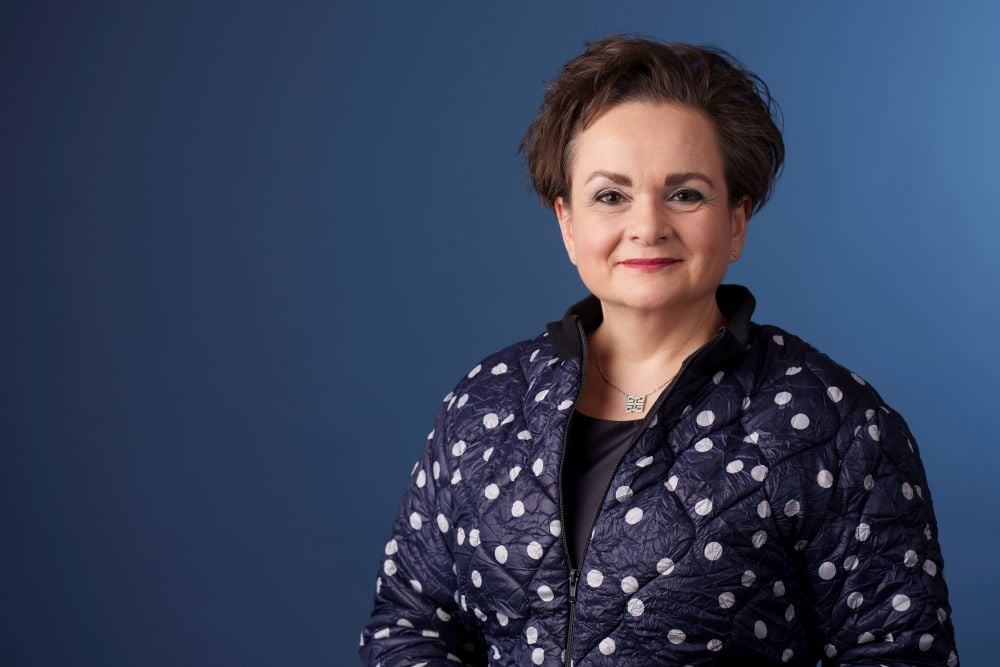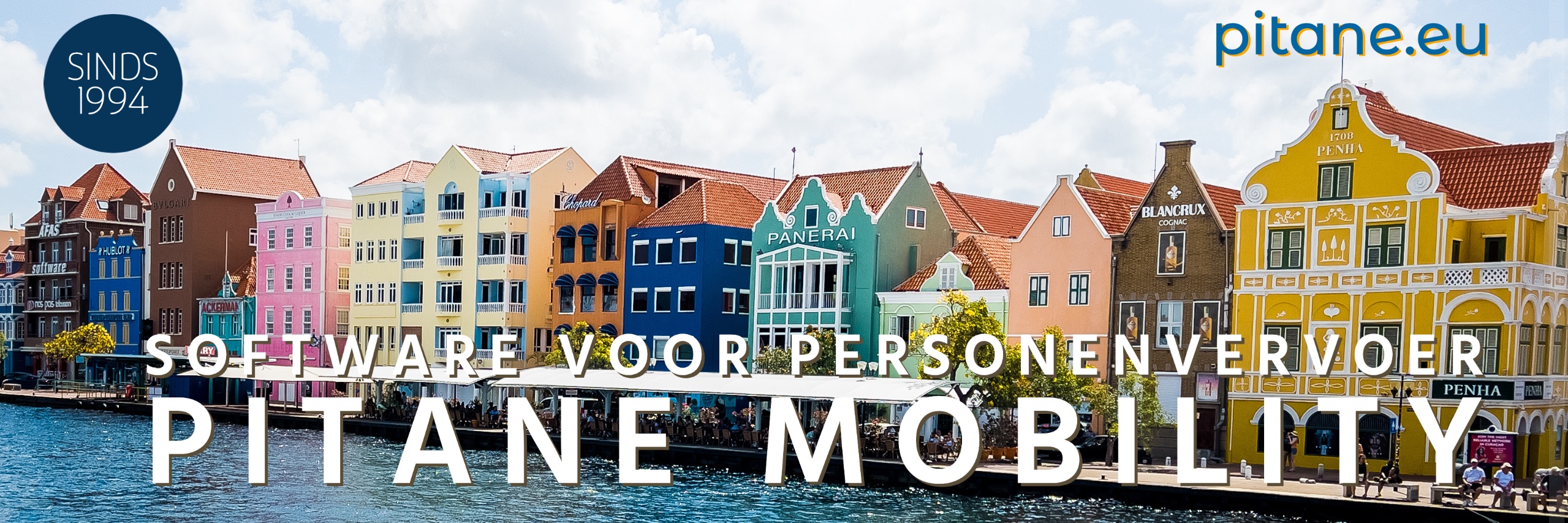Tropical storm Philippe throws a spanner in the works: impact on Sint Maarten and important rehabilitation on Curaçao.
The closure of Princes Juliana Airport on Sint Maarten, an important hub within the Kingdom of the Netherlands, marks the caution with which authorities are treating the approaching Tropical Storm Philippe. The airport, which plays a key role in connecting the Caribbean islands and is a hotspot for holidaymakers, has closed its doors for security reasons.
Residents and travelers were urgently advised to closely monitor the reporting of government authorities, as the region still has vivid memories of the destructive power of Hurricane Irma more than five years ago. King Willem-Alexander and his family visited Sint Maarten earlier this year, where attention was paid to the reconstruction.
The closure of Princes Juliana Airport not only has implications for tourism, but also for the region's economy. The airport is an important source of income and plays a crucial role in daily life on the island. In addition, it is a vital point for logistics between the islands in the Caribbean. Residents who rely on medical services or goods from neighboring islands are directly affected by such a closure.
rehabilitation Tula
But the storm has a broader impact that extends beyond St. Maarten. In Curaçao, severe weather conditions disrupted an important moment in the shared history of the Netherlands and the Caribbean countries within the Kingdom. A ceremony to honor Tula, an important figure in the fight against slavery, was abruptly interrupted by driving rain and gale force winds.

The disruptive influence of Tropical Storm Philippe therefore goes far beyond mere material damage. It has implications for social cohesion, cultural heritage and shared history within the Kingdom of the Netherlands.
The procession had already been on its way for half an hour from the square next to the Fòrti government center to Parke di Lucha pa Libertad, where a tribute would take place. The ceremony was special because State Secretary Alexandra van Huffelen, on behalf of the Dutch state, would change Tula's status from criminal to freedom fighter, as a step towards a common understanding of shared history.
ceremony
The ceremony that was originally supposed to take place a day earlier ultimately took place on Wednesday, October 4, 2023 in the PWFC building due to expected rain. The late rehabilitation of Tula, an icon in the fight against slavery in Curaçao, was still effectuated. State Secretary Van Huffelen noted that this restoration of honor came 'late and cannot be taken for granted' and praised the unwavering efforts of a large group of Curaçaoans who contributed to this. The formal apology for the history of slavery, previously expressed by Prime Minister Mark Rutte, formed the basis for this recognition.
After Van Huffelen's speech, Governor Lucille George-Wout of Curaçao conveyed the words of King Willem-Alexander, who stated that Tula symbolizes the strength of Curaçao. He praised Tula's courage, leadership and his resistance to inhumane exploitation. It was a powerful counterbalance to centuries of falsification of history, in which Tula was portrayed as a criminal and his name was conspicuously absent from history education in schools.
In 2010, the perception in Curaçao was adjusted and Tula was declared a national hero. Now Van Huffelen, on behalf of the Dutch government, has confirmed this status and recognized him as 'hero of Curaçao and of all of us'. This goes beyond symbolic honor; it also has concrete implications for education. The State Secretary announced the Tula scholarship, which will allow a Curaçao student to follow a bachelor's degree program as a history teacher in the Netherlands every year for the next four years with financial support. In addition, a chair on the history of slavery will be set up for Aruba, Curaçao and Sint Maarten for the next two years.



